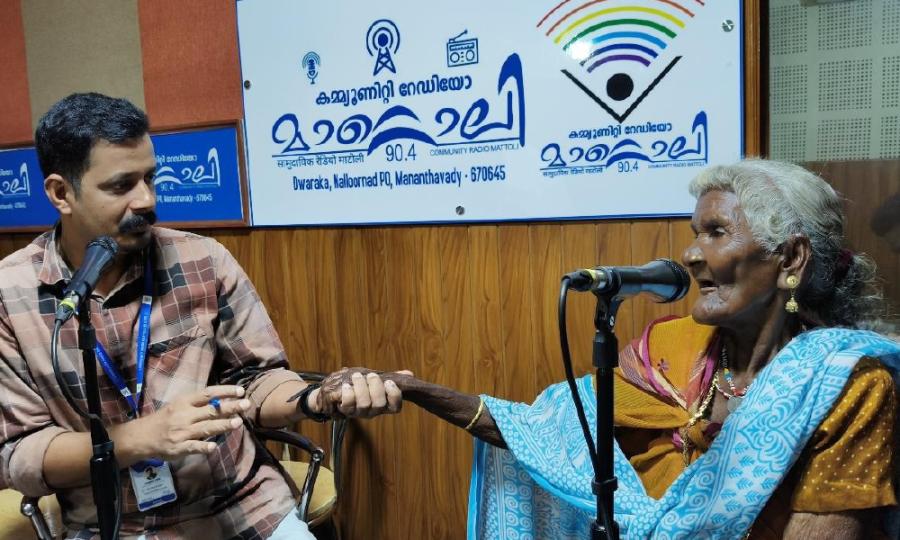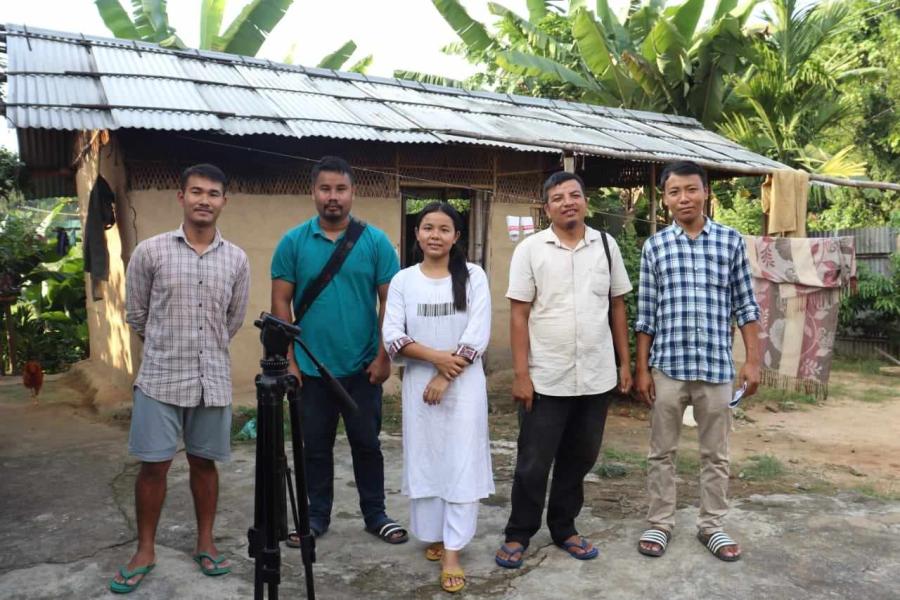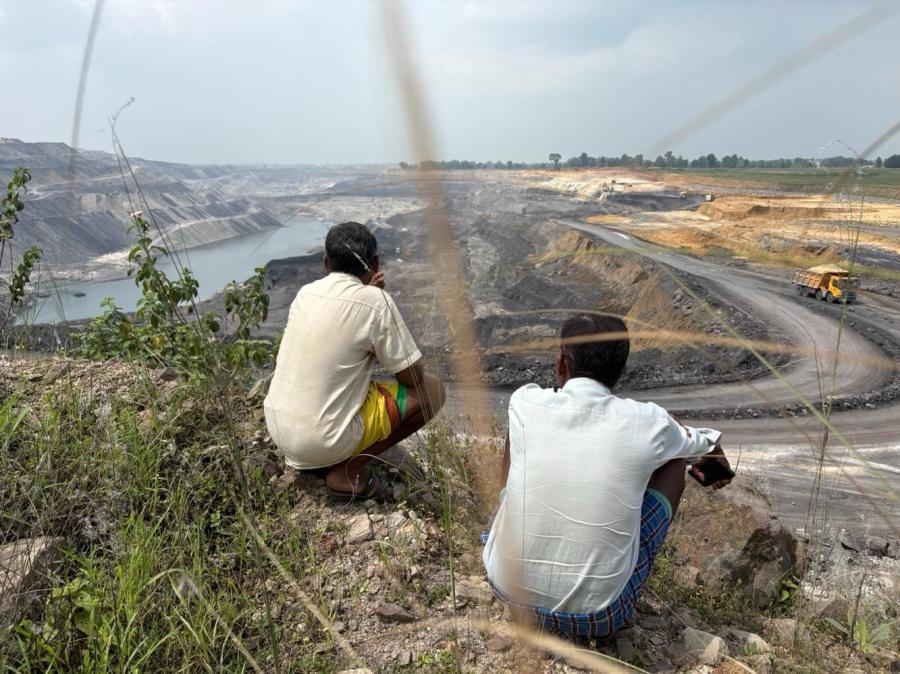On October 3, 1994, over two thousand NGOs from 44 countries issued the Manibeli Declaration calling for a moratorium on World Bank funding of large dam projects. Named in honor of the people of Manibeli in India's Narmada Valley (Now submerged under 20-30 meters of water), the declaration insists that the World Bank meet nine conditions before funding any further large-scale dams. Among these are included the establishment of an independent review of all Bank-funded projects to determine environmental and social costs along with economic expenditures.
During its fifty year history the World Bank has invested some A$54 billion (constant 1993 dollars) for 527 dam projects throughout the world. More than one-third of the major dams built in World Bank-borrowing countries are funded by the Bank, and in more than one hundred cases, loans made by the bank were (at the time of approval) the single largest loans for any purpose to those countries. Support for such huge projects allows the Bank of effectively float huge suns of money in single transaction. But, while backing so many projects with so much, the World Bank has failed to properly evaluate their long-term feasibility.
In financial terms alone, 70 percent of Bank-funded irrigation projects, reviewed by the Operation Evaluation Department in 1989, realized only 50 percent of projected benefits. IN Thailand, for example, not one of the 20 dams financed achieved performance targets. Cost overruns were rampant and technical difficulties hindered performance.
More importantly, while projects have fallen short of economic expectations, they have also caused irreparable social and environmental damage. While the Bank's mandate is to alleviate poverty, it's large-scale dam projects have resulted in the forcible displacement of an estimated 10 million people. Despite a policy requiring that, "those relocated are assisted to at least restore former living standards and earning capacity," the Bank can cite few instances where this has actually occurred. Of nearly 200 active projects examined by the Bank, one-half had no resettlement policy whatsoever at the time of appraisal.
On a similar note, since 1972, the year of a new environmental mandate by then president Robert McNamara, just slightly more than half of dam project appraisals referred to any environmental considerations at all. The result has been the loss of thousands of square kilometers of pristine forests, countless fisheries and estuarine habitat. Despite new mandates in 1989 and 1991., assessments still focus on mitigation measures rather than viable alternatives to damming rivers.
Other organizations and agencies, on the other hand, have recognized that damming is not necessarily the most effective way to utilize the world's waterways. For example, the US Bureau of Reclamation (the agency responsible for the large-scale dams of the southwestern United States) now admits that its mega-projects were more costly and detrimental than alternative methods of water management. According to Patrick McCully of the International Rivers Network, "the Bureau now says that it is getting out of the dam-building business. The World Bank should learn from the Bureau's honest self-evaluation."
World Bank lending today averages about $1 billion per year with approximately $3 billion presently in the Bank's pipelines. These projects will forcibly displace another 130,000 people and cause uncertain environmental damage. While it would be difficult or impossible for the Bank to repair the social and environmental destruction that earlier projects have caused, an immediate moratorium on dam lending would alleviate further disasters. Medha Patkar, leader of the Narmada Movement), whose members fully participated in writing the declaration, says, "The World Bank must never be allowed to forget its responsibility for the social and environmental disaster it has helped to create in the Narmada Valley, nor for the shootings, beatings, rapes and arrests which the people of the valley have suffered since the World Bank began its support for the project. One way of admitting responsibility would be to accept the demands of the 2000 organizations who endorse the Manibeli Declaration."
Article copyright Cultural Survival, Inc.



